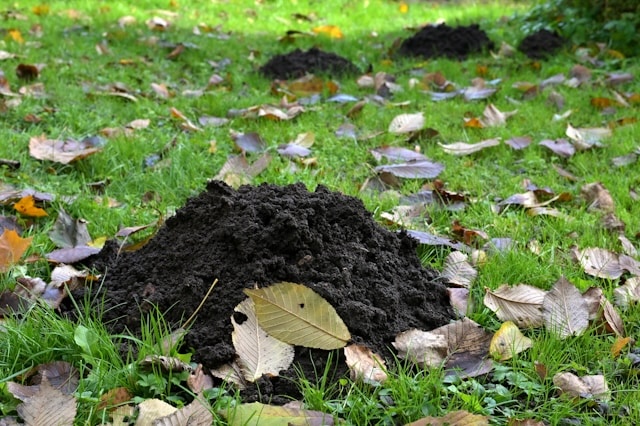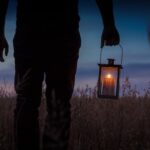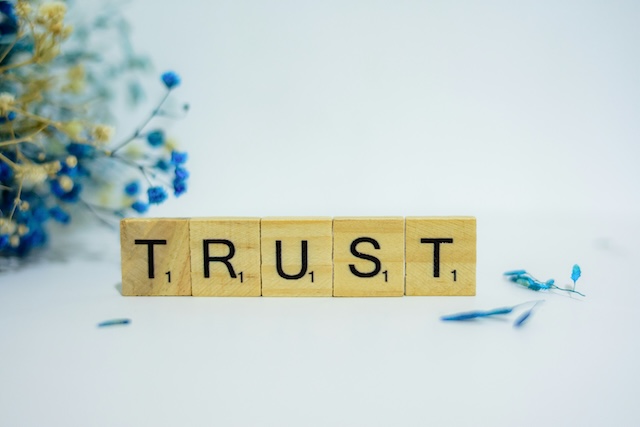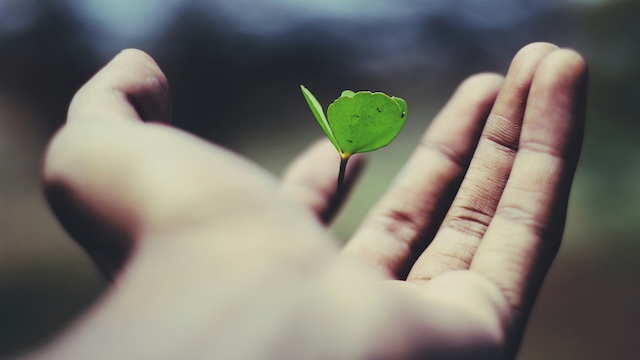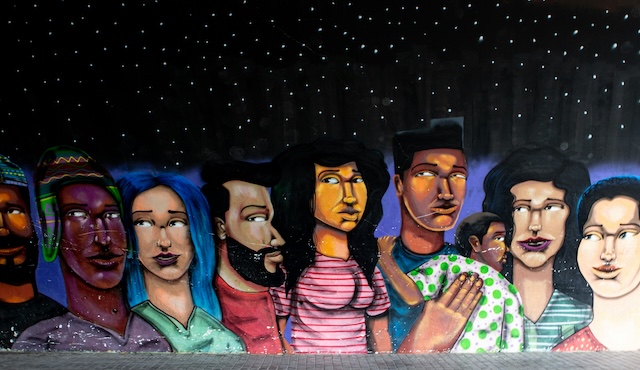“Everyone discovers an extra gear in a crisis. The rare skill is accessing it without one.”
—Shane Parrish, New York Times bestselling author
Everyone finds an extra gear in a crisis. It’s almost primal — the sudden clarity, the instinctive surge that lets us move faster, think sharper, endure longer.
But why does it take a crisis to wake up our full potential?
Most people need pressure to feel permission to be powerful. Only the rare few don’t wait for the fire — they summon that energy on purpose.
They act with urgency before urgency exists. They don’t need adrenaline — they have intention.
Mastering that — accessing your “crisis gear” in calm times — isn’t luck or genetics, it’s discipline, awareness, and practice.
The world rewards those who shift early, not only when the road is on fire.
EXERCISE:
Consider reading Wayne Dyer’s book The Power of Intention to access that extra gear. His work demonstrates how intention is a universal creative force where aligned thoughts, emotions, and actions come together to create a more rewarding and purposeful life.



